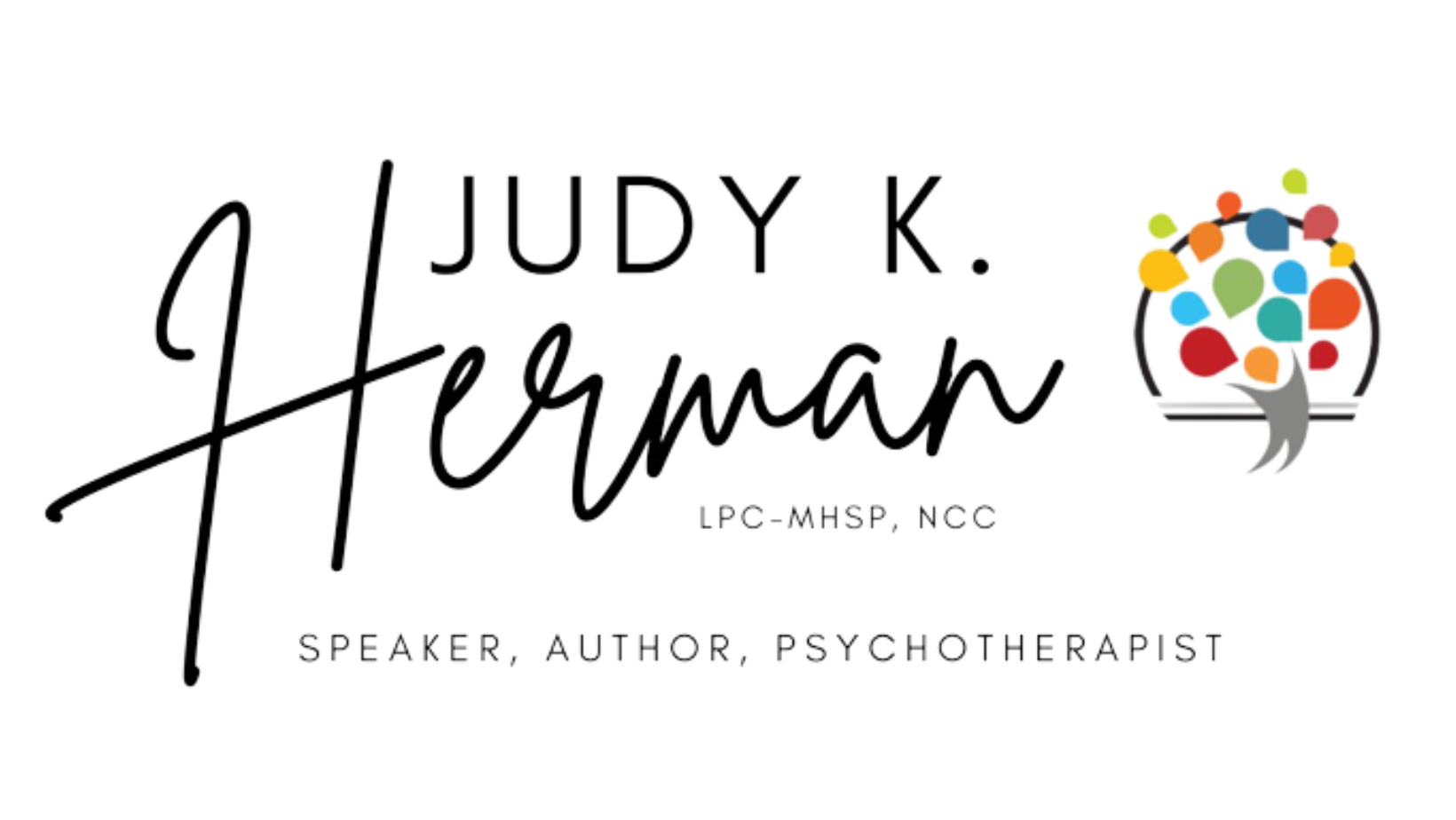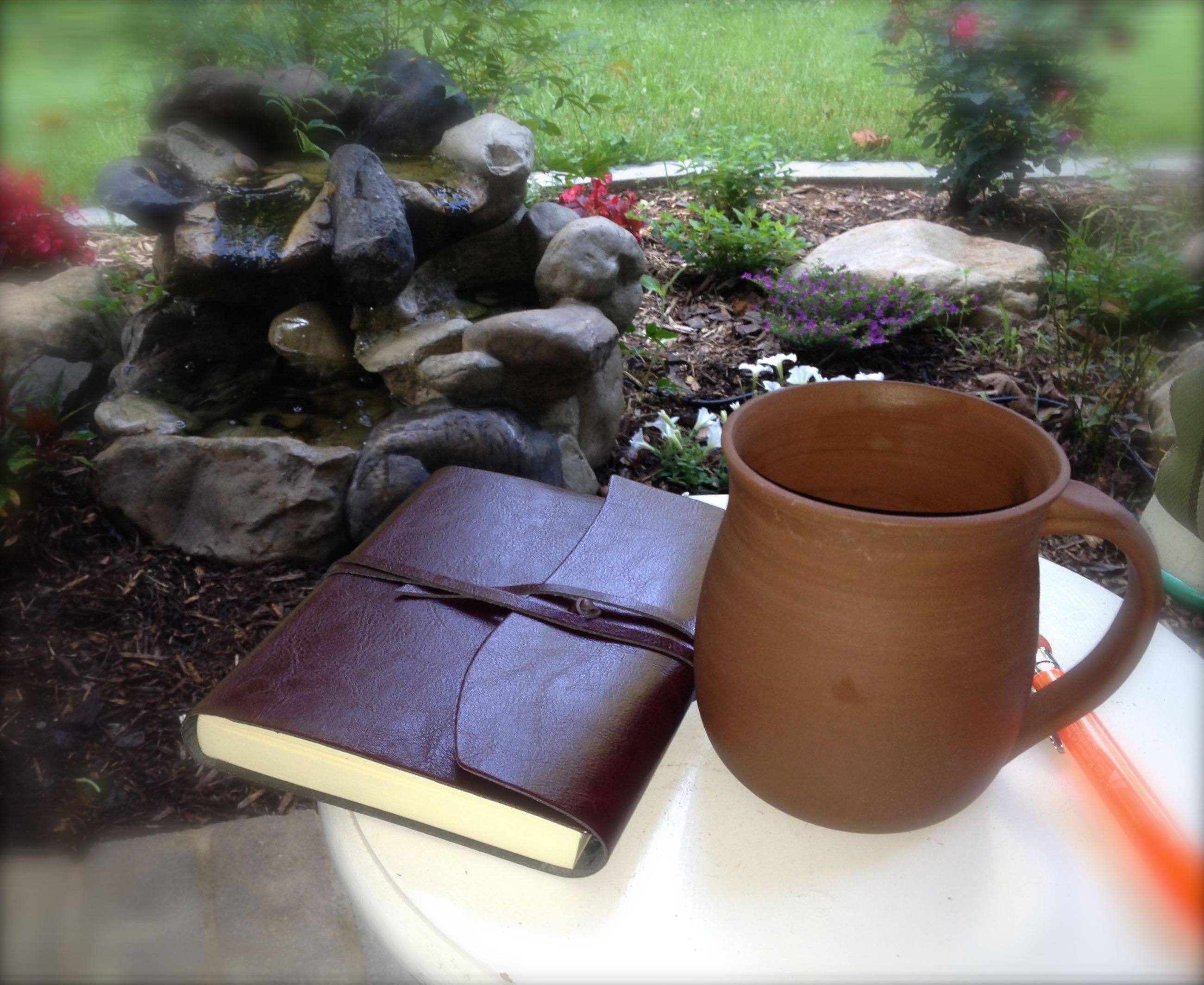Continual Dialogue
“Let’s not ever talk about this again.” Phrases like this may come from a place of shame, vulnerability, or confession, that one person might say to another. Beyond initial relief of openness, the power of shame increases with such boundaries. The one hearing the phrase is left with forbidden territory to process and grow. The relationship suffers. Two walk away with unfinished stories in their minds. One ready to move forward and forget the past. The other needing to make sense of it.
Unfinished business around one’s past cries out for meaning. Without it, others suffer. The undeveloped story shows up in poor parenting, addictions, marital disconnect, and stagnation. Like a slow computer plagued with unnecessary programs running in the background is the person living with unprocessed shame.
I admire Brene Brown’s courage in her Ted Talks presentation exposing her own vulnerability and research on shame. Sarah Polley, in her documentary “Stories We Tell” does a great job of moving beyond the hush of family secrets. What relief it is for me to even write this blogpost about it and be a little vulnerable myself! Living close to truth with a capital “T” for me has been making sense of my own story.
The good, bad, and ugly of our personal stories are not in vain. God never wastes any of our pain. Our lives are meant to be meaningful. So many get stuck in childish interpretations of themselves. That’s why talk therapy is the beginning of healing for many. When I hear, “I’ve never told anyone this before” I think of an imprisoned soul about to be released from the darkness of the cave. Many move beyond the distorted view of themselves, others, and God. That’s the beginning of freedom; to understand that it’s safe to live in the present and let go of the helpless child view interpretations of the past.
Continual dialogue is pathway for personal and relational growth. Dialogue is meeting another in their otherness. Dialogue is permission to process and grow through the story. The story’s events can’t be changed, yet the interpretation can and is meant to be developed. Having meaning to one’s past, accepting God’s forgiveness, and living in divine grace is what it means to live fully in the present.
“Come now, let us settle the matter”, says the Lord . . . Isaiah 1:18










